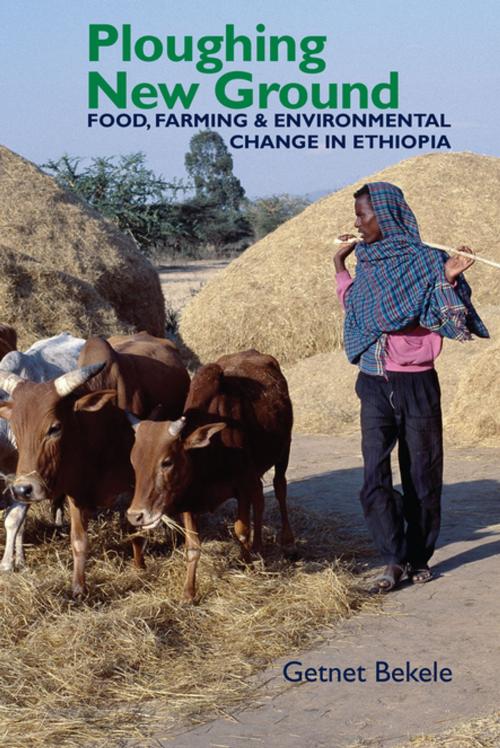Ploughing New Ground
Food, Farming & Environmental Change in Ethiopia
Nonfiction, History, Africa, Social & Cultural Studies, Political Science, Government, Science & Nature, Nature| Author: | Getnet Bekele | ISBN: | 9781787440531 |
| Publisher: | Boydell & Brewer | Publication: | August 18, 2017 |
| Imprint: | James Currey | Language: | English |
| Author: | Getnet Bekele |
| ISBN: | 9781787440531 |
| Publisher: | Boydell & Brewer |
| Publication: | August 18, 2017 |
| Imprint: | James Currey |
| Language: | English |
Winner of the Bethwell A. Ogot Book Prize to the author of the best book on East African Studies, 2018. In October 2016, the Ethiopian administration declared a State of Emergency in response to anti-Government demonstrations and mass riots. While the Government claimed the riots stemmed from subversive activities among large diasporic populations in the West, the evidence suggests that they were provoked by widespread internal dissatisfaction. Land deals by the Government with foreign investors, the building of vast hydroelectric dams, sugar estates and industry parks, and urban sprawl have put pressure on agricultural, rural areas. Today, dispossessions, drought and social unrest surround fears of the worst food shortages in decades. Examining these developments in Ethiopia's lake region, the author shows how transformations in state-society relations and the organization of production and exchange have impacted on a population of smallholder farmers for whom agriculture is not only the mainstay of the economy but a way of life. Getnet Bekele is Associate Professor of History at Oakland University, MI, where he teaches African History and the Environmental and Economic History of Africa and the Global South.
Winner of the Bethwell A. Ogot Book Prize to the author of the best book on East African Studies, 2018. In October 2016, the Ethiopian administration declared a State of Emergency in response to anti-Government demonstrations and mass riots. While the Government claimed the riots stemmed from subversive activities among large diasporic populations in the West, the evidence suggests that they were provoked by widespread internal dissatisfaction. Land deals by the Government with foreign investors, the building of vast hydroelectric dams, sugar estates and industry parks, and urban sprawl have put pressure on agricultural, rural areas. Today, dispossessions, drought and social unrest surround fears of the worst food shortages in decades. Examining these developments in Ethiopia's lake region, the author shows how transformations in state-society relations and the organization of production and exchange have impacted on a population of smallholder farmers for whom agriculture is not only the mainstay of the economy but a way of life. Getnet Bekele is Associate Professor of History at Oakland University, MI, where he teaches African History and the Environmental and Economic History of Africa and the Global South.















